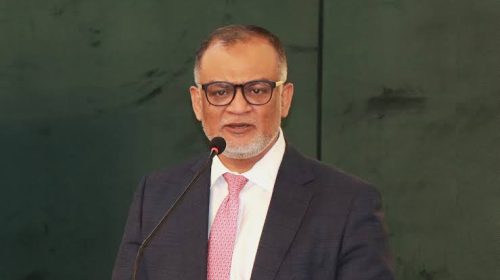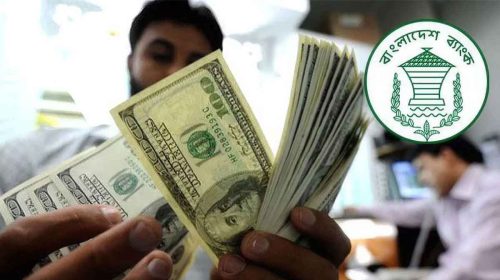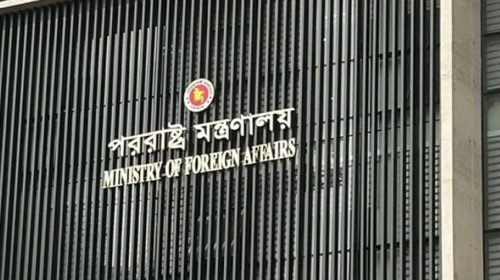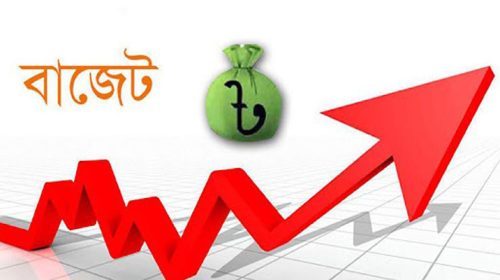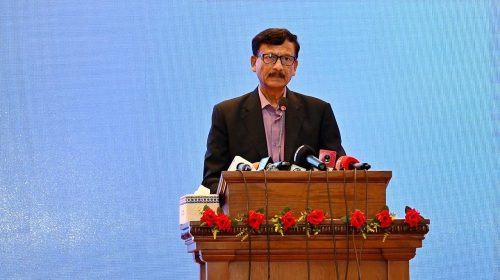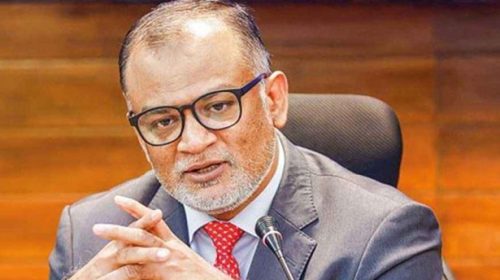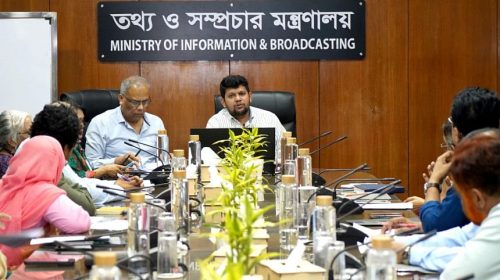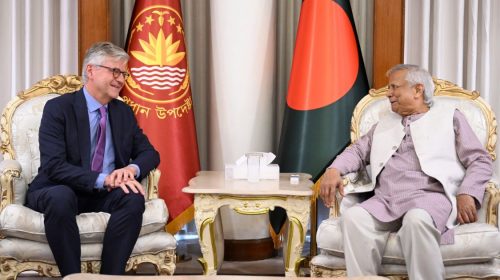China’s Minister of Commerce, Wang Wentao, has expressed his country’s strong interest in deepening cooperation with Bangladesh in key sectors such as agriculture, jute, marine resources, and research. He emphasized that China is ready to expand trade and investment ties with Bangladesh, focusing on these priority areas.
Wang made these remarks on Sunday, June 1, during a meeting with Bangladesh’s Chief Advisor, Professor Dr. Muhammad Yunus, at the state guesthouse Jamuna in Dhaka. The Chinese Minister is leading a large delegation of Chinese entrepreneurs and investors attending the China-Bangladesh Investment and Trade Conference.
He noted, “The Chinese companies that have accompanied me are very encouraged by what they’ve seen. Your vision for Bangladesh’s development is inspiring. It has significantly boosted their confidence in investing here.”
Referring to Bangladesh’s rapidly growing consumer market, Wang said, “I was amazed to see shopping malls in Dhaka bustling with people even after 10 PM. According to forecasts, Bangladesh is on track to become the world’s ninth-largest consumer market by 2030.”
Professor Yunus highlighted that rural Bangladesh still holds vast untapped potential, especially in agriculture and aquaculture. He expressed optimism that, with China’s support, every village in Bangladesh could be transformed into a production hub.
In response, Wang said, “We are eager to understand which specific areas of agriculture offer the greatest scope for cooperation. We are particularly interested in land development, water conservation, and advanced seedling plantation technologies.” He added that agriculture should not be viewed merely as an industry, but as a vital part of the social structure.
Regarding the blue economy, Wang stated that China has extensive experience in deep-sea fishing technologies and is ready to share its expertise if Bangladesh provides concrete proposals.
The Chinese minister also praised Professor Yunus’s remarks about revitalizing the jute sector, saying, “China currently imports about $100 million worth of jute from Bangladesh annually, which accounts for nearly 10% of Bangladesh’s total jute exports. With more research and product diversification, this volume could increase significantly.”
He announced that following Professor Yunus’s speech, Chinese jute businesses have already decided to initiate research on Bangladesh’s jute products. “Our cooperation should not be limited to trade alone. We should also collaborate on research. If Bangladesh joins us in these efforts, jute can become a major product for the Chinese market,” he added.
Professor Yunus suggested that Bangladeshi jute product designers could work jointly with Chinese experts to develop innovative solutions. He appreciated the Chinese delegation’s warm and friendly approach, thanking China for standing by Bangladesh as a trusted partner.
“Your words sounded like music to my ears,” Yunus remarked to Minister Wang. He also expressed gratitude for the minister’s heartfelt speech and for bringing such a large group of investors to Bangladesh, calling it a powerful message that the entire nation has noticed.
Reflecting on his recent visit to China, Dr. Yunus said, “We had sincere and in-depth discussions on various bilateral issues, especially trade and investment. I believe your visit will take this relationship to even greater heights.”



